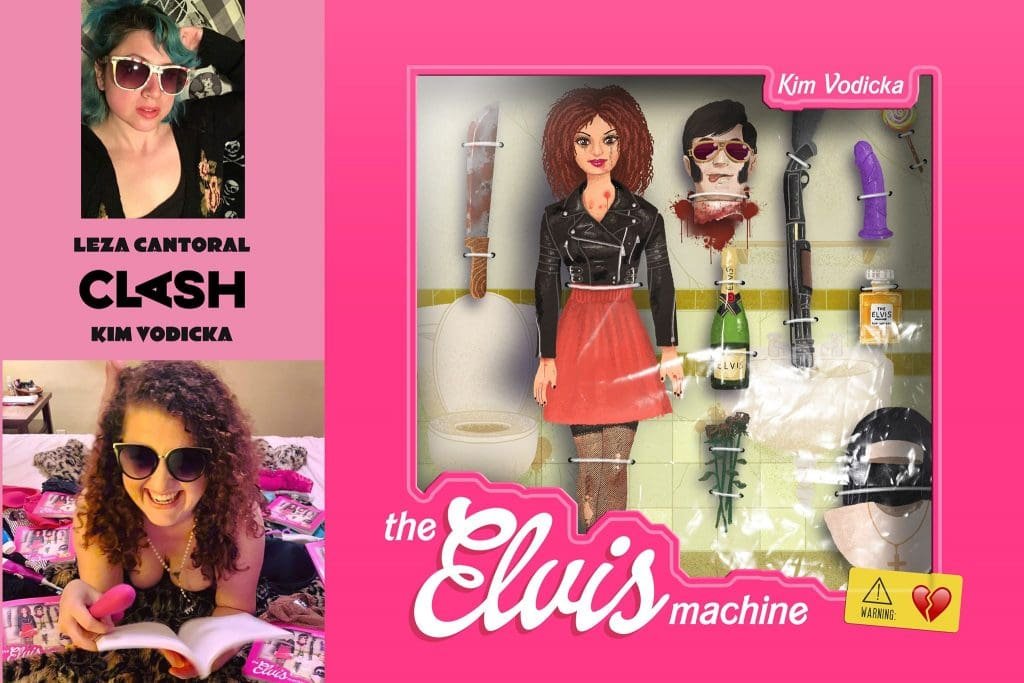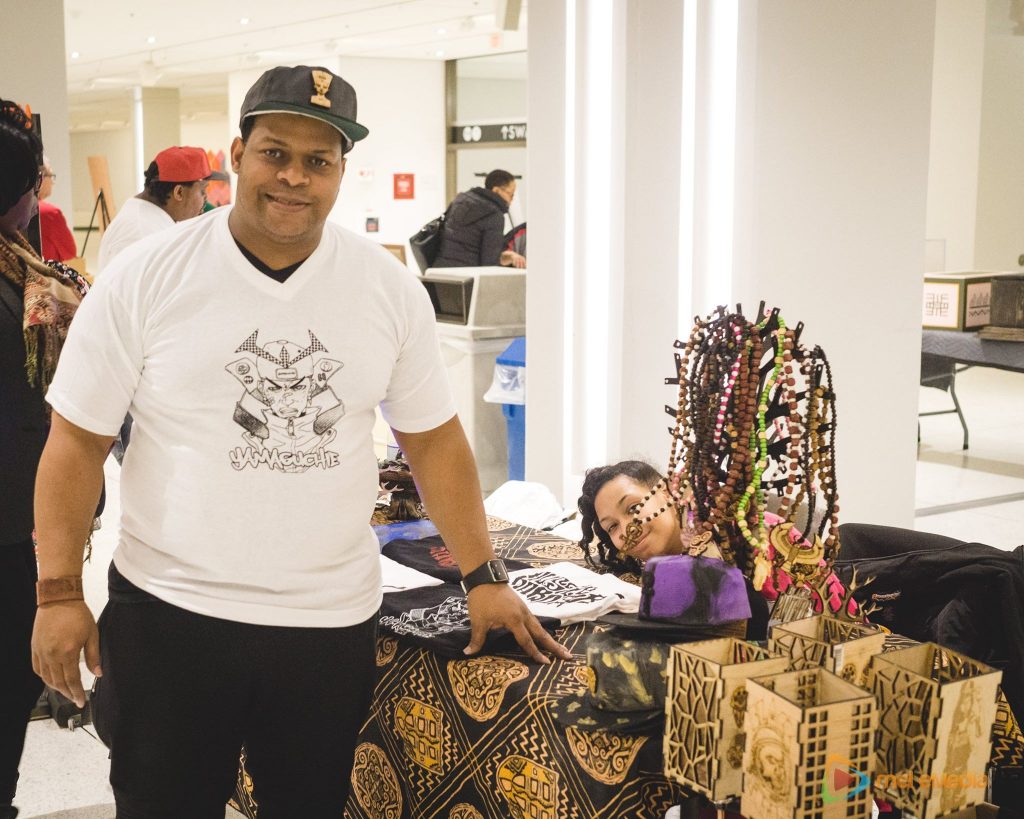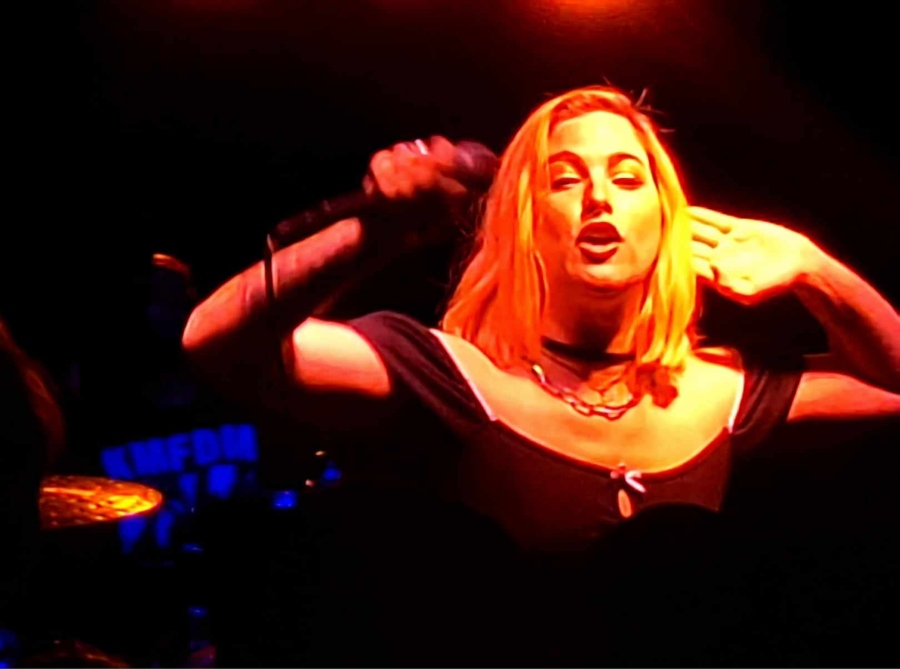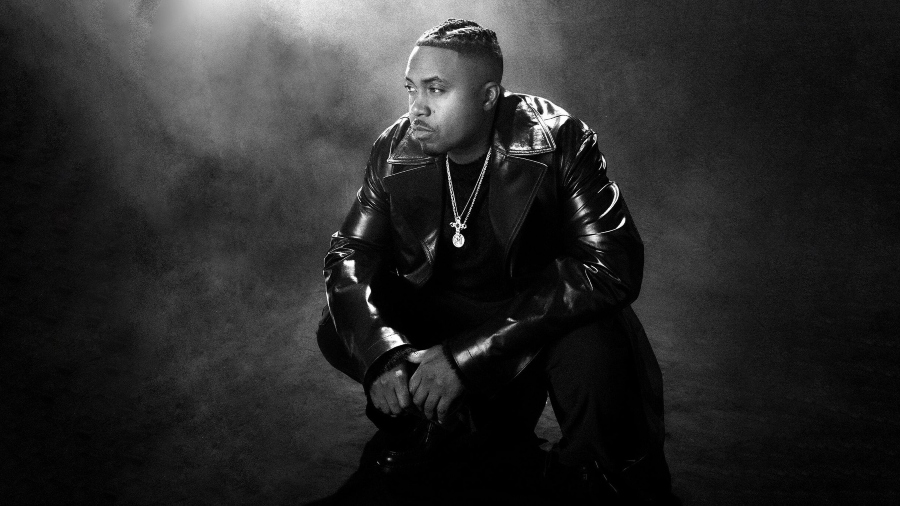Writing is the evil twin of music. Well, maybe not evil, but there isn’t a word that readily comes to this writer’s mind for the relationship. Maybe Yin-Yang? Lovers? Each borrows from the other, and each feeds into the other. But the world of musicians, bands, and venues is much different than that of writers, publishers, and retailers.
Clash Books has all the rebellion of any punk band I’ve heard yet demands shelf space in the posh studies of high society. And in the spirit of the scene we cover for you, they went DIY and “give ‘em hell!” and they made it work. And now we welcome Clash Books publisher Leza Cantoral to her new digs in Troy, and we talk to Clash author Kim Vodicka, who has a new, tasty offering.
RRX: You just moved to Troy, and with your husband, Christoph, your publishing company CLASH Books has a new home. So now you’ve come to a new environment, with its own history, its own scene; what do you think CLASH can do for the area, and what do you think the area can do for it?
LC: We looked for a long time to find the right fit for us. We wanted a place with some sort of an art scene & a youthful presence. A place with new life but not with exorbitant rent prices. We found that perfect sweet spot in Troy. I truly believe that in about 5 years this place is gonna be one of the places to be in upstate New York, as more & more artists cannot afford to live in Brooklyn or Manhattan, or simply are sick of the crowdedness & the gentrification that is destroying so many local neighborhood businesses. Troy is still raw & rough around the edges, but you can see when you walk through the center of town that it is growing. I like that it is small. I love that small town feel. But it is not too small that you feel claustrophobic, & if you do, Albany is right there for anything you could possibly need.
I really wanted to find a place with plenty of venues to chose from for readings & events. Troy has that. I wanted a place that was somewhat NYC adjacent, & it is close enough for us to be able to do events in the city as well. We also want to do a CLASH Con here in 2022. We want to show off this beautiful town & bring people to it. We want to be involved with the colleges, bringing literature to them. We have already done a reading event at The College of Saint Rose in Albany, which was great fun & mutually inspiring.
RRX: CLASH Books might be considered by some to be a “niche” publisher, but that’s hard to define that given all of the writers you’ve put in print. Not to mention that the larger CLASH team is global. If CLASH does fill a niche, who’s that niche buyer? Who would seek out CLASH Books if they only knew?
LC: We publish books that are high quality but perhaps too transgressive or experimental or genre hybrid for a larger press to feel justified in taking a financial risk for. The books we publish live on the genre borders & often blur them & flip them on their heads. I think what sets us apart from a lot of indie lit small & mid-sized presses is that we are not averse to genre fiction. We do not think something has to be either or. That meme—why not both? That’s us. We look for exciting voices in any genre. If the voice excites us & the story is good, if there is a sense of rhythm, a sense of urgency that we must read it & share it, that’s when we publish it. We are both passionate readers who read in all genres. It makes us curious & jaded at the same time. So if something gets us excited, you know it’s gonna be good. It’ not gonna be something you can find with a big 5 press or even with another indie literary press.
RRX: The music scene here is, of course, our source of pride. It’s not the biggest, but it’s tight-knit, and very local. Publishers and authors gather via emails and social media with a revolution of conventions, and there’s this great, dispersed camaraderie. Do you feel you can tap into the local energy the same way as the global energy?
LC: It has been a weird time to move. We were so excited to finally be able to interact with a community & then Covid hit. So when the world returns to its normal patterns, then yes, I think we can definitely connect locally. I think the search for exciting art is a global obsession, no matter where you are.
RRX: I love Matthew Revert as a cover designer. I bought his art book Try Not to Think Bad Thoughts, which you published. I feel like it typifies the vibe that CLASH puts out, and not just because of the cover art he does. But we can’t ignore the power of covers in general. What kind of marriage should exist between art and verse?
LC: Matthew Revert is an international treasure. I love his aesthetic. We have built a great relationship. His covers vary depending on who he is working for. With Tragedy Queens: Stories Inspired by Lana Del Rey & Sylvia Plath, that is when the real CLASH aesthetic was born. I wanted a pop art vibe & that has kinda been the vibe ever since.
The cover art process varies from book to book & artist to artist. Sometimes the artist will read the book. For example, for Lindsay Lerman’s I’m From Nowhere, Matthew actually read the whole book & became a huge fan of Lindsay. At other times, we can just tell him the title & the aesthetic we are going for & he will use that. We work with some other cover artists as well, such as Joel Amat Güell. He’s based in Spain, near Barcelona. He is the artist who actually designed the CLASH Books logo. I trust his vision & try not to mess with it for the most part. He has a powerful aesthetic instinct. He did an incredible job designing Kim Vodicka’s cover. I relayed the themes & aesthetics she wanted to him & he came up with this incredible design of a twisted doll box set.
We like to work with cover artists who are real artists. Who have their own intuition about a cover design. We work together to arrive at something we can all be happy with.
What we want from a CLASH cover is something that will draw the eye so that readers give the actual meat of the product— the book— a chance. The cover is an ad for the book. At conventions, people constantly gush over the covers. I tell them that the cover is not nearly as great as what is inside. But you need a bright bait to lure the fish. Once they start reading, if we did our job, they will be hooked & come back for more.
 RRX: Now of course, this interview is really a publisher/author combo, so maybe I should call on Kim Vodicka, whose latest offering, The Elvis Machine, recently landed on my doorstep. Kim, can you give us a tour through the Machine, and what your vision was when you were putting it together?
RRX: Now of course, this interview is really a publisher/author combo, so maybe I should call on Kim Vodicka, whose latest offering, The Elvis Machine, recently landed on my doorstep. Kim, can you give us a tour through the Machine, and what your vision was when you were putting it together?
KV: The Elvis Machine started with a handful of pieces and developed slowly over the course of about four years (2015-18), which were my first living in Memphis. The poems appear, for the most part, in the order in which they were written. Admittedly, I didn’t know where the project was going when I started it. Once I saw where it seemed to want to go—about five or so poems in—I had a better idea of what the next piece should look/feel like, and I allowed one to lead to the next. I’m a writer who doesn’t necessarily start with a vision or concept or anything like that. I like to let things decide what they want to be and trust I’ll get to know them and follow their flow. The whole process of writing this book was very intuitive and evolved naturally with my life throughout that time. It often felt like the poems knew more than me, and I had to catch up to them. In some ways, I’m still catching up to them.
That said, it became clear to me early on that I was writing mostly lachrymose diatribes—broken, angsty, girly sounds—about being a woman in the Bible Belt south. The material is deeply personal and in large part based on real-life interactions/experiences I’ve had here in Memphis. I started to recognize the book as potentially resonating with people, women in particular, especially with regards to romance and the pursuit of finding a partner—the seemingly omnipresent pressure to find “the one” and the obsessive/self-loathing/addictive patterns that can occur as a result. My retrospective vision for the book is that it’s a book for women/femmes. It’s not a self-help book so much as a mutual exorcism that hopefully will feel cleansing and empowering, despite its confrontations with deep and powerful darknesses. For men, anything sexual in the book is a bait-and-switch—hopefully they’ll learn their lesson. My muses have mostly been demons, and that’s at the heart of every poem here. At the same time, I needed the book to end with hope, which is why the last piece is a love poem I wrote for a woman—my best friend, actually. If there’s one thing that has made me feel hopeful in this sea of toxic Elvises and systemic misogyny, it’s the power of girl-on-girl intimacy, especially platonic intimacy.
RRX: It’s been a rough draw on writers this year. We’ve seen conventions fold, and right before that, people had to make tough decisions about whether to go to the ones that stayed open. All the talk of essential and non-essential jobs; is writing essential? If so, how does the self-promotion model change in the era of COVID-19?
KV: We’re living in a time when “essential” seems to mean “necessary for survival.” Writing is art, and art is necessary for survival, which makes it even more ironic that artists are rarely ever paid for their work, or at least not amounts that would support basic survival. Money is bullshit, and I think that’s more apparent than ever now. The system is collapsing, which is a beautiful thing but also frightening because we’re all so indoctrinated into it and put so much of our self-worth into our careers/income. So now is the perfect time to really own and step into your role as an artist and assert yourself as essential, because you are. Again, money is bullshit, but for now, we still need it to survive, so what I’ve been trying to encourage in myself and other artists is an attitude of feeling unashamed to ask for and expect compensation. Now is the time to shoot for the moon—apply for the grants, submit to the high-paying contests, hustle for the good contracts. Promoting yourself, in a DIY sense, means using the internet as a tool, asserting yourself without shame, making as many valuable connections as possible, and giving the finger to the haters. Self-promotion is straight-up hustle, always has been, but is even more so now during a time when there is virtually no other way to get the work out there except virtually. Put yourself out there—you have a captive, quarantined audience. Yes, it feels awkward and uncomfortable to push your own book/project, especially when so many people are struggling right now, self-included, but the fact remains that you, as an artist, put hundreds of unpaid hours into creating the thing you’ve created, and you deserve as much compensation as possible for that work. Even with the backing of an outstanding indie publisher like Clash Books, self-promotion is crucial because there’s only so much visibility and distribution available for small presses. In these virus times, indie authors should self-promote the house down and feel no guilt doing so. We’re providing an essential service, and that essential service could range from making people feel less alone/isolated to preventing people from committing suicide. So, yeah—art is important and essential, always and forever, and self-promotion via social media is what’s keeping it alive.
RRX: The Elvis Machine is a poetry book. A great poetry book. And I think, though I’m maybe biased here, that if anyone picks it up, they’re going to groove to it. But it is really a tale of visibility. Bands are always trying to get out there, but they can grab a stage and rock a crowd (well, they could, and will again.) Writers have always had a higher hill. So what’s your game plan been for climbing that hill?
KV: I’ve always taken a musician’s approach to my writing career. I go on tour every year, set poetry to music that I perform live, and have released spoken word/music EP companions to books (including one for The Elvis Machine, linked below). Combining poetry with music has always felt natural but also feels like making that upward climb potentially less steep, because there’s an immediacy to music that you don’t necessarily get with text or taking the podium and reading off a page. Poetry, for me, is always performance. There’s a built-in musicality to the words, even without music added, and I think that speaks to people, especially on emotional and even subliminal levels. More poets should fancy themselves as rock stars and project that image/persona. Like, why not? You’re creating something that is ostensibly supposed to move people, right? Why not milk the shit out of it? Be a ham. Make it fun, even when the work concerns the opposite of fun. Carry yourself with confidence. Be That Bitch. The hill is still high, but that’s what we signed up for, and if you don’t realize that’s what you signed up for, you’re in the wrong business. It’s a long, hard road to getting any kind of real success and recognition as a writer, so you might as well see yourself as a rock star, even if no one else sees it or may ever see it.
https://kimvodicka.bandcamp.com/album/the-elvis-machine
Author
Staff
You may also like
Continue reading




 RadioRadioX
RadioRadioX